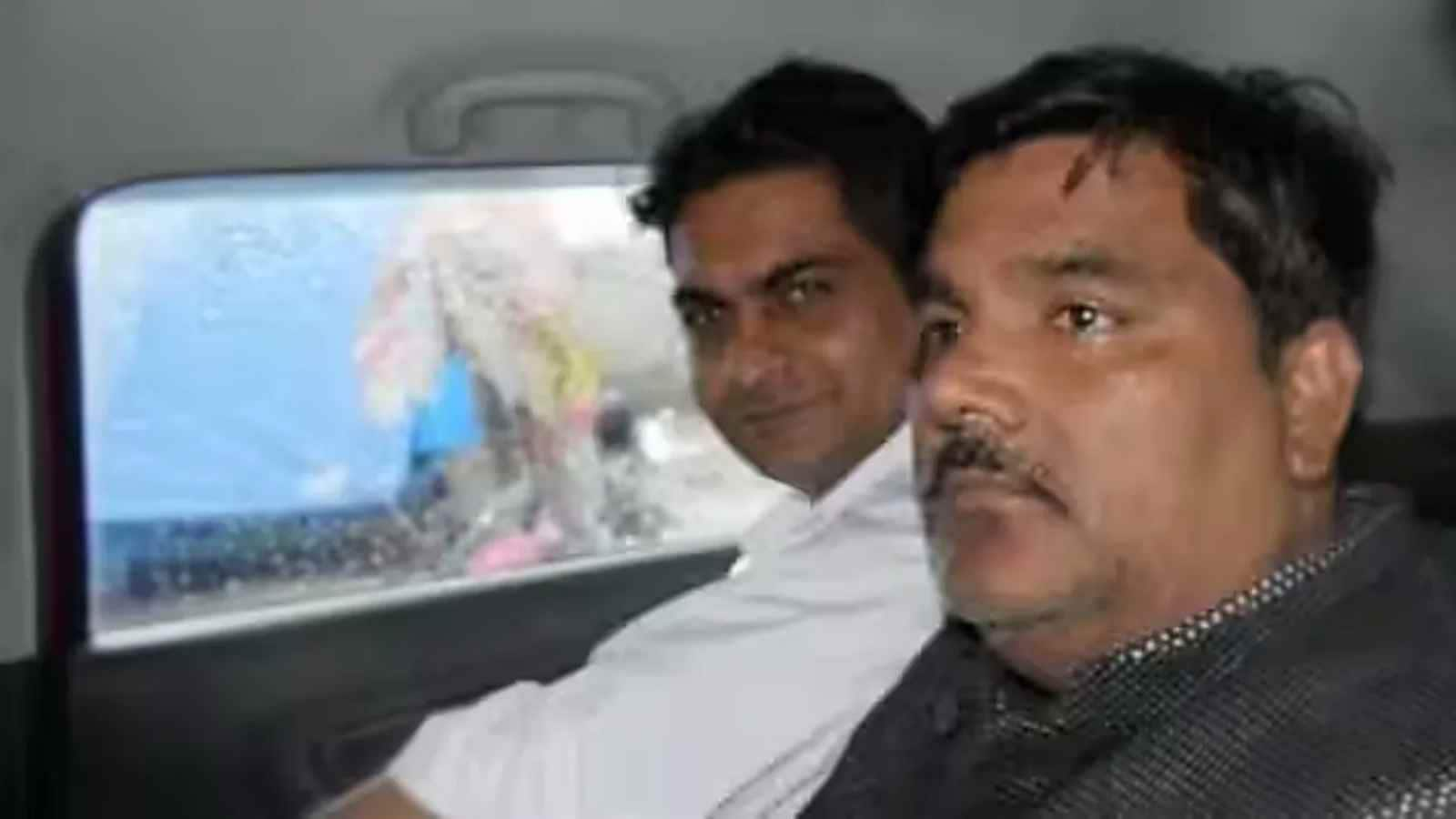 |
|
The Supreme Court of India delivered a sharply divided verdict on the interim bail application filed by Tahir Hussain, a former Aam Aadmi Party (AAP) councilor and accused in the 2020 Northeast Delhi riots. Hussain, now contesting the Delhi Assembly elections as an AIMIM candidate, sought interim bail to actively participate in the election campaign. The two-judge bench, comprising Justices Pankaj Mithal and Ahsanuddin Amanullah, presented starkly contrasting opinions, highlighting a significant legal disagreement on the issue of balancing the rights of an accused individual with the need for justice and the integrity of the ongoing legal processes. Justice Mithal, in his dissenting opinion, rejected Hussain’s plea, citing the gravity of the charges against him, particularly the alleged murder of Ankit Sharma, an Intelligence Bureau official. He emphasized the serious nature of the allegations, the ongoing investigation, and the need to ensure the safety of witnesses, many of whom are yet to be examined. He argued that granting interim bail would set a dangerous precedent, potentially opening the floodgates for similar pleas from other accused individuals contesting elections across the country, potentially disrupting the judicial system. Furthermore, he stressed that participation in elections, while important, is not a fundamental right, and the right to campaign isn't explicitly protected by statute. Justice Mithal also raised concerns about the potential for witness intimidation given the proximity of the accused to the crime scene and witnesses.
In contrast, Justice Amanullah, in his concurring opinion, allowed Hussain’s plea for interim bail, albeit with strict conditions. His reasoning centered on the understanding that the accusations against Hussain, however serious, remained allegations at this stage of the proceedings. He pointed out that no court has yet rendered a final judgment on the matter. Furthermore, he considered Hussain's prolonged incarceration since March 2020, his securing of bail in other cases, and the High Court's prior permission for Hussain to file his nomination papers as significant factors justifying the granting of interim bail. The judge also expressed strong criticism of the prosecution’s slow pace in the trial, questioning the delay in examining witnesses despite the chargesheet being filed in 2020. This delay, in his view, underscored the need for a more balanced approach to ensuring both fairness to the accused and the proper administration of justice. Justice Amanullah’s ruling granted Hussain interim bail until February 4th, 2025, under strict conditions that included refraining from mentioning the FIRs or related incidents and promptly surrendering before the jail authorities upon expiration of the granted bail.
The conflicting opinions of the two judges highlight the complexity of balancing the rights of an accused individual to participate in the democratic process with the need to ensure a fair trial and the safety of witnesses. This inherent tension forms the core of the debate, emphasizing the need for a thorough legal analysis of the precedence such a ruling could set. The conflicting rulings demonstrate the intricate legal complexities surrounding the intersection of criminal law and political participation. The case will now be referred to the Chief Justice of India to be heard by a larger, three-judge bench. This will provide an opportunity for a more comprehensive evaluation of the arguments presented, paving the way for a definitive decision that sets a clear legal precedent. The decision will not only impact Hussain’s case but could also shape the legal landscape concerning the participation of individuals facing criminal charges in electoral processes. The differing opinions, however, highlight the lack of explicit legal framework regarding this grey area, necessitating the intervention of a larger bench to provide clarity. The contrasting views emphasize the need for comprehensive legislation that addresses the unique challenges posed when balancing the rights of an accused with the integrity of the judicial process in the context of electoral participation.
The contrast between Justice Mithal's cautionary approach, emphasizing potential for abuse and disruption of the legal system, and Justice Amanullah's focus on the length of detention and the prosecution's pace underscores the profound complexities inherent in such a case. The legal arguments presented by both sides highlight not just the rights of the accused but also the responsibilities of the prosecution and the courts in ensuring a just and efficient legal system. The case also brings to the forefront the broader issue of timely trials and the challenges faced by the judicial system in dealing with complex cases, particularly those with multiple defendants and a large number of witnesses. The debate also touches upon the inherent tension between individual rights and the need to maintain law and order, particularly in the context of politically sensitive events. The ensuing larger bench hearing will be closely watched not just for its impact on Hussain but also for its implications on future similar cases, influencing the balance between individual rights and the integrity of the legal process.
The additional solicitor general's comparison of this case to that of Arvind Kejriwal, who received interim bail to campaign for the Lok Sabha elections, underscores the complexities of comparing seemingly similar cases. The crucial distinctions, such as the scale of alleged offenses, highlight the difficulty in establishing clear legal precedents when navigating such cases. The case's progression raises important questions about the role of the judiciary in balancing individual rights and the demands of the legal process, especially considering the considerable public interest in this case and its potential impact on future similar situations. The outcome will have significant ramifications for the legal framework guiding the intersection of electoral participation and the criminal justice system, and will provide crucial insights into how such delicate balances can be achieved with a just outcome.
